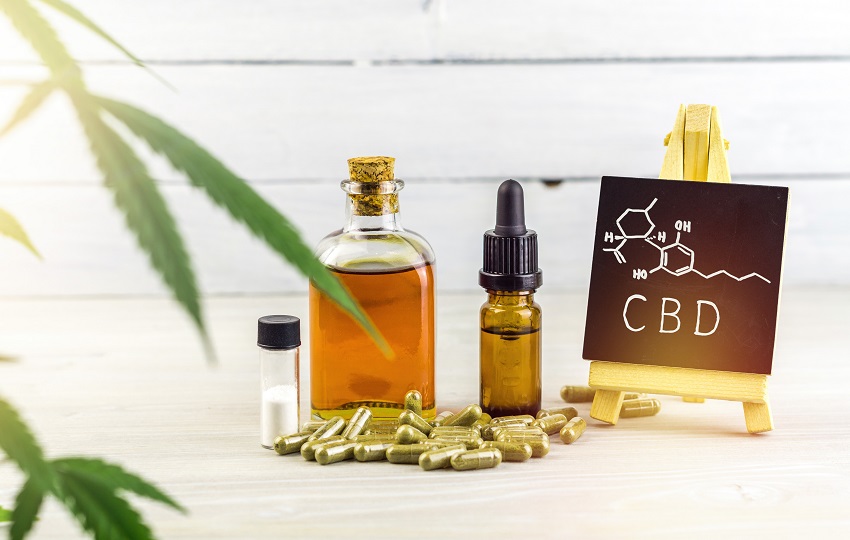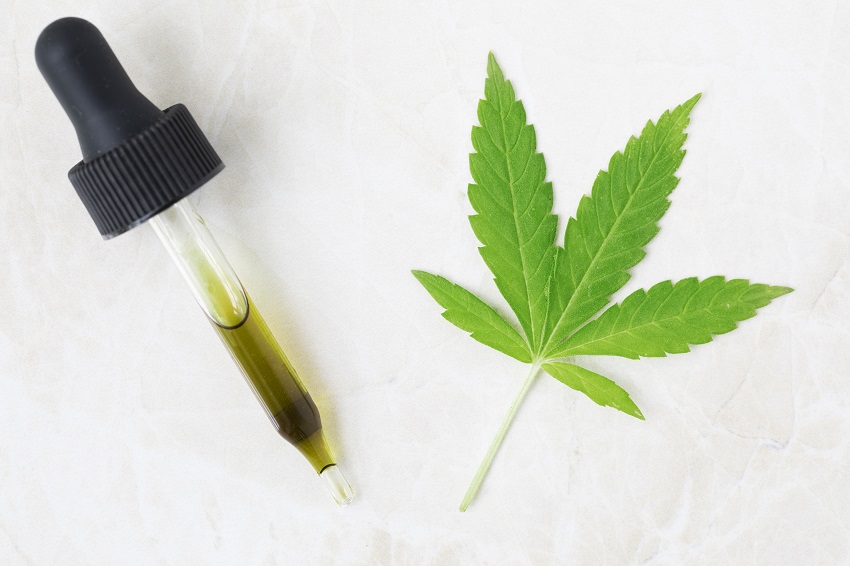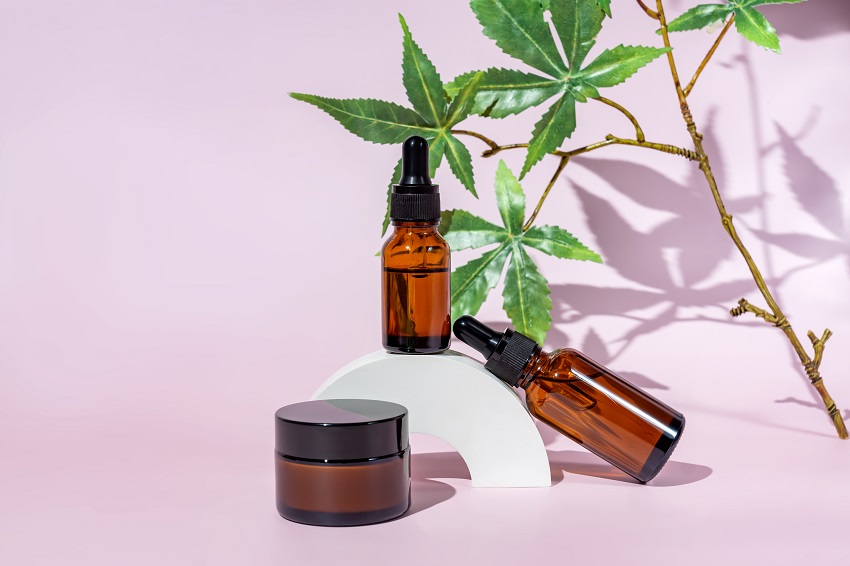
Full-Spectrum vs Broad-Spectrum CBD Oil: Understanding the Differences and Benefits
Cannabidiol, or CBD, has become a popular wellness product over the past few years. As more people turn to CBD for relief from various health conditions, there has been increasing interest in understanding the differences between full-spectrum and broad-spectrum CBD oil. In this post, we’ll explore the key differences between these two types of CBD oil to help you make an informed decision when choosing which product is right for you.
Full-Spectrum CBD Oil
Full-spectrum CBD oil contains all of the naturally occurring compounds found in the cannabis plant, including cannabidiol (CBD), tetrahydrocannabinol (THC), and other cannabinoids, such as cannabigerol (CBG) and cannabichromene (CBC). It also includes terpenes, flavonoids, and other plant compounds. These compounds work together to create what is known as the “entourage effect,” which is believed to enhance the therapeutic benefits of CBD.
While full-spectrum CBD oil contains only trace amounts of THC (less than 0.3%), it is still possible for it to show up on a drug test. This is because drug tests are designed to detect THC metabolites, and even trace amounts of THC can accumulate in the body over time.
Broad-Spectrum CBD Oil
Broad-spectrum CBD oil contains all of the same naturally occurring compounds as full-spectrum CBD oil, except for THC. This means that it still includes other cannabinoids, terpenes, and flavonoids, but without the psychoactive effects of THC.
Broad-spectrum CBD oil is often preferred by individuals who want to experience the entourage effect without the risk of consuming THC. It is also a good option for those who may be subject to drug testing, as it does not contain any THC.
Which is Better: Full-Spectrum or Broad-Spectrum CBD Oil?
There is no straightforward answer to this question, as it ultimately depends on your individual needs and preferences.
If you’re looking for a product that provides the maximum therapeutic benefits of CBD, full-spectrum CBD oil may be the better choice. However, if you’re concerned about consuming THC or are subject to drug testing, broad-spectrum CBD oil may be a better option.
It’s worth noting that while full-spectrum CBD oil is believed to be more effective due to the entourage effect, there is still much research to be done on this topic. Some studies have even suggested that certain cannabinoids may be more effective when used alone, rather than in combination with other compounds.
Additionally, some people simply prefer the taste or texture of one type of CBD oil over the other, which can also be a determining factor in which product to choose.
Legal Considerations
It’s also important to consider the legal status of CBD oil in your country or state. While hemp-derived CBD oil with less than 0.3% THC is legal in most places, marijuana-derived CBD oil is still illegal in many jurisdictions.
Full-spectrum and broad-spectrum CBD oil offer different benefits and may be more suitable for different individuals. Full-spectrum CBD oil contains all of the naturally occurring compounds found in the cannabis plant, including THC, and provides the maximum therapeutic benefits of CBD. Broad-spectrum CBD oil contains all of the same compounds as full-spectrum CBD oil, except for THC, providing the benefits of the entourage effect without the risk of psychoactive effects or drug test failures. When choosing between these two types of CBD oil, it’s important to consider your individual needs and preferences, as well as the legality of CBD oil in your location.









